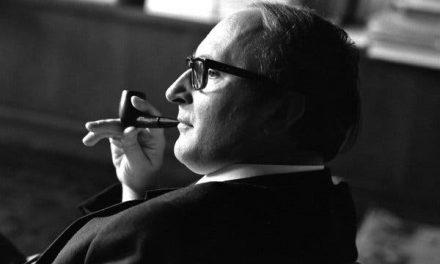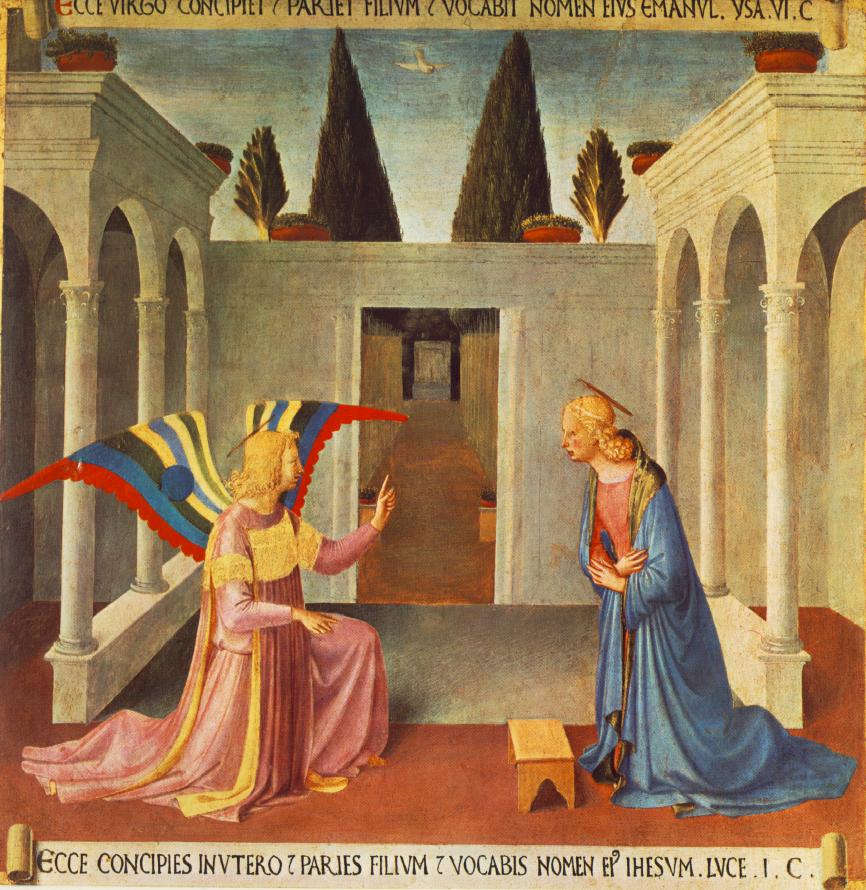At least some parts of the Catholic priesthood have suffered from and continue to suffer from arrogance and “hubris,” and that this drives people away from the faith. Among some younger priests and seminarians, the preoccupation with the distinctive and exalted character of church office is at least disturbing, when it is not offensive. It is frankly embarrassing for me as a Catholic to witness such displays of pomp and ceremony. Priests should rightly be proud of what they do, should be honored and appreciated by their community (which they often are, but not because they have emphasized their own privilege), and should cherish the joy and uniqueness of their vocation. They should not understand themselves as “princes of the Church”… particularly not in modern-day America. Arrogant priests and bishops, please get some self-awareness and figure out how to maintain your pride in your work without communicating to people around you how much “better” you are. There, I said it.
Frank Bruni’s editorial on the Catholic priesthood in Sunday’s New York Times could have made this point. Not particularly challenging to attach arrogant Catholic priests in the New York Times, but hey, it’s still a problem. But instead, Bruni said a lot more, and his piece is an (unfortunate) model of the kind of polarizing and sloppy discourse that Catholics should resist. It bears scrutinizing simply to understand where “liberal Catholics” go horribly wrong in making otherwise-correct critiques of “conservatives.”
It also should be noted, because it is a promotion piece, coinciding with the release of a book by Garry Wills, which claims
that at the start, Christianity not only didn’t have priests but opposed them. The priesthood was a subsequent tweak, and the same goes for the all-male, celibate nature of the Roman Catholic clergy and the autocratic hierarchy that this clergy inhabits, an unresponsive government whose subjects — the laity — have limited say. “It can’t admit to error, the church hierarchy,” Wills told me on the phone on Thursday. “Any challenge to their prerogative is, in their eyes, a challenge to God. You can’t be any more arrogant than that.”
Bruni calls the Vatican
a gilded enclave so far removed and so frequently out of step with the rest of the world, [which] clamps down on Catholics who challenge its rituals and rules. Much of what these dissenters raise questions about — the all-male priesthood, for example, or the commitment to celibacy that priests are required to make — aren’t indisputable edicts from God. They’re inventions of the mortals who took charge of the faith.
This is called opposing arrogance by being arrogant. Where can we start identifying problems here? (1) These claims about the priesthood not being “original” are long-standing claims in Christianity, and they are “resisted” not only by “the Vatican” but also by Eastern Orthodoxy and Anglicanism. They are not new discoveries by Wills. The reason this question is contested is not because “the Vatican can never admit they’re wrong” but because the existence of forms of deacon/presbyter/bishop leadership appear quite early in the tradition, yet (as with many things) in less-than-fully developed form in Scripture. Apparently Bruni and Wills have become biblical fundamentalists and abandoned any notion of the development of doctrine! (2) The further characterizations of the present-day Catholic priesthood are almost cartoonish stereotypes. Bruni begins his column by noting:
“I HAVE nothing against priests,” writes Garry Wills in his provocative new book, “Why Priests? A Failed Tradition,” and I’d like at the outset to say the same. During a career that has included no small number of formal interviews and informal conversations with them, I’ve met many I admire, men of genuine compassion and remarkable altruism, more dedicated to humanity than to any dogma or selective tradition.
But the characterization of the hierarchical priesthood then offered in the rest of the article makes sweeping generalizations, culminating with the claim that there ought to be no priests at all. It is as if Bruni said, I’ve met some really wonderful Jews, and then gone on a sweeping attack of Jewish culture – or any other group, profession, or religion. Could Bruni have perhaps called up one of these “admired” priests and asked, how do you understand the priesthood? Could he have then said, one theology of the priesthood is good, one is bad? Instead, we get characterizations that take the (cartoonishly bad) behavior of some to be attached to all.
This combination of (1) ignorance about the subject matter and (2) resorting to crude stereotypes – does this not sound like exactly the behavior Bruni would abhor in public discourse by Republican politicians? Or about gay marriage?
So, what happens? This attack is likely to make the rounds of exactly the priests he dislikes. They are likely to recognize its lack of any theological weights and its trading on stereotypes. And it is likely to promote their sense of arrogance and privilege still further, by making them feel persecuted by the social elites (just as Jesus was persecuted the social elites of his time, they might rightly point out).
It is bewildering to me why Bruni and Wills do not see that their tirade simply promotes the behavior they claim to oppose. Presumably, Bruni felt stirred enough by Wills’ basic claim and by animosity toward the institutional Catholic Church to attack the very institution of priesthood, rather than a particular conception of priesthood. As a lay Catholic theologian, I just think, what a mess. The manifest arrogance of some members of the priesthood, and their understanding of it in terms of exalted status, then brings forth this uninformed, stereotypical objection, which then gets read as a further justification of persecuted holiness. The arrogance of the Catholic Left just feeds the arrogance of the Catholic Right.
PS My hunch is that the animosity is justified by regarding certain characteristics of the priesthood – its maleness and its celibacy – as simply evil, worthy of nothing but thunderous prophetic denunciation. Add in the clergy abuse scandal and cover-up – which is in fact simply evil – and you get prophetic arrogance. Maybe Bruni should read my colleague Chris Vogt’s piece on the limits of prophetic discourse.





Thank you for this piece; I had not yet read Bruni’s column, and I am glad that when I did, it was within the context of your post.
As someone who is too far to the right for the left, and too far to the left for the right, I am often at the receiving end of someone’s ire. Allow me to add that I spent a lot of time on the left, unfurling vitriolic posts of my own, in a blog that is no longer extant; I understand the territory. I do not like it most of the time.
There is a tremendous amount of arrogance on both sides, full of all sorts of righteous indignation. It is a mess, because so often – and trust me, I know so little – so often it is couched in what I have come to know and understand as bad theology.
There is a lot to think about here. I understand the need to express anger, but if it never goes anywhere, if it never matures into anything besides self-righteous disdain for the “other,” we have missed the point of Jesus. At least as I see it…
I find it ironic that the same people who invoke a (largely mythical) model of the early Church as a pure ideal from which the institution has fallen, are often the same people who deny the authorition of tradition, when it poroduces things like an all male priesthood, or opposes same sex mariage.
When the Times attacked CBS News / 60 Minutes years ago on the Brown & Williamson tobacco matter (the movie “The Insider”), the Times did so by reminding CBS of its great tradition of journalism. “The network is betraying the great legacy of Edward R. Murrow…” (or words to that effect).
None of us wants to be compared with Christ, let alone St. Francis or Bl. Mother Teresa. But if Bruni had taken that tact, setting aside his amateur theology, he’d had had a compelling article.
The way to cajole the church is by reminding her of her great traditions and what she can be.